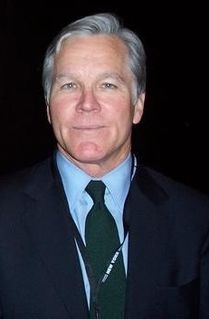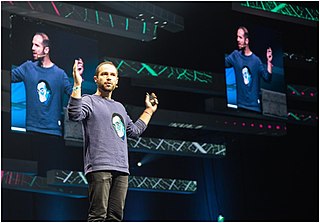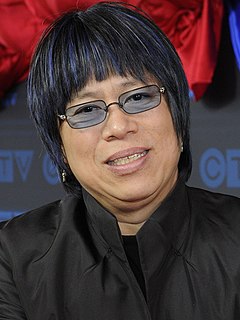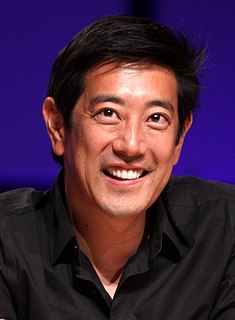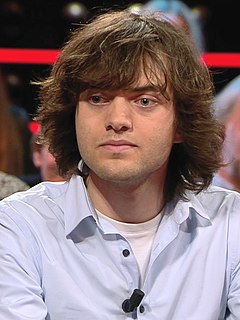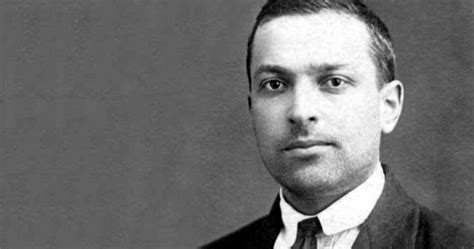A Quote by Barton Gellman
Snowden is an orderly thinker, with an engineer's approach to problem-solving.
Related Quotes
Almost everything I do when I approach an operational problem comes from the time I've been in space. It's a way of organizing your thoughts. We use problem-solving; what we call "what-if-ing." What if this happened? What would we do? We go over plan B, C, D, E, F, and whatever else, depending on the criticality of what we're doing. This kind of thing can be applied almost everywhere, even at home.

